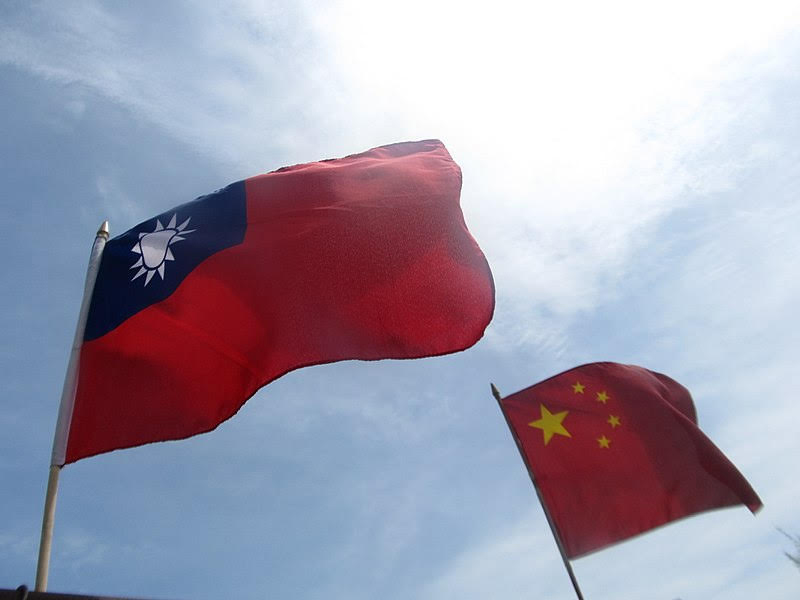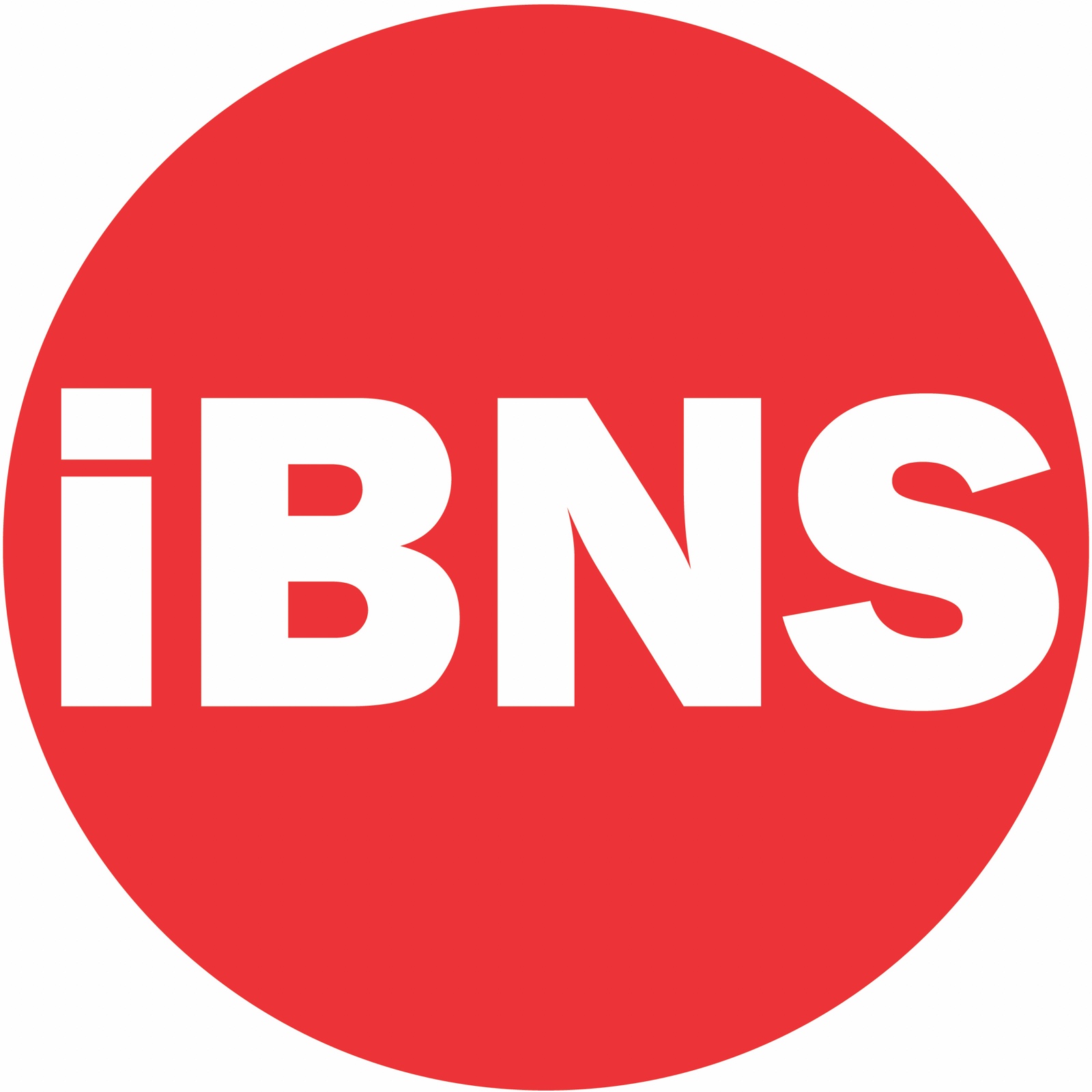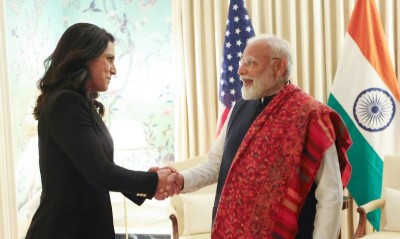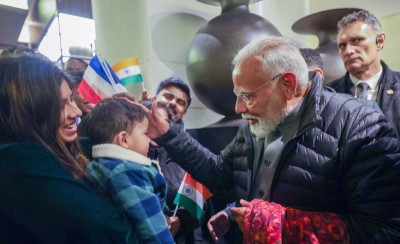
'Can't be dictated by China': Taiwan's retort after Beijing objects Indian TV channel's interview with Taiwanese minister
New Delhi: In a sharp retort against China's condemnation of an Indian TV channel’s interview with Foreign Minister Joseph Wu of the independently governed island.
Despite decades of distinct governance, Beijing claims Taiwan as its territory.
In an exclusive interview with NewsX on February 29, Wu expressed concerns over China's military coercion towards Taiwan and its escalating assertiveness in the South China Sea.
Country’s longest-tenured foreign minister, who is likely to leave the position in the next few months, said, “We are working hard to ensure bilateral relations in every way moving forward.”
In a statement issued on March 1, the Chinese embassy in India said the interview provided “a platform for advocating Taiwan independence and disseminating false information,” which it considered a serious violation of the one-China principle.
With this principle, China attempts to assert the existence of a one-China in the world, with Taiwan being acknowledged as a constituent part of China, and the government of the People’s Republic of China recognized as the sole legitimate representative.
The Chinese embassy asserts that the one-China principle enjoys widespread acceptance and serves as the fundamental political basis for diplomatic relationships between China and nations across the world.
China said “separatist forces” persistently advocate for Taiwan’s independence, but historical and legal facts cannot be changed.
In the statement, the Chinese mission also urged “Indian media to uphold China’s sovereignty and territorial integrity.”
Responding strongly to Chinese criticism, the Taiwan Foreign Office said, “Neither India nor Taiwan is part of the PRC (People’s Republic China) and we’re not its puppets.
“We’re both democracies with free and vibrant presses that can’t be dictated to. Beijing should worry about its own economic slump, not bullying its neighbours,” the statement added.
Less than a month before this incident, the Taipei Economic and Cultural Center in India and the India Taipei Association (ITA) had signed a memorandum of understanding (MoU) on labour cooperation.
Over the past few years, relations between India and Taiwan, though unofficial, have been steadily improving due to economic, strategic, and cultural factors.
Despite lacking formal diplomatic relations, both sides have actively worked to bolster bilateral trade and investment through different channels.
Taiwan's advanced technological capabilities, particularly in sectors like chipmaking, are in alignment with India's objectives of fostering innovation and digitalization.
Support Our Journalism
We cannot do without you.. your contribution supports unbiased journalism
IBNS is not driven by any ism- not wokeism, not racism, not skewed secularism, not hyper right-wing or left liberal ideals, nor by any hardline religious beliefs or hyper nationalism. We want to serve you good old objective news, as they are. We do not judge or preach. We let people decide for themselves. We only try to present factual and well-sourced news.








